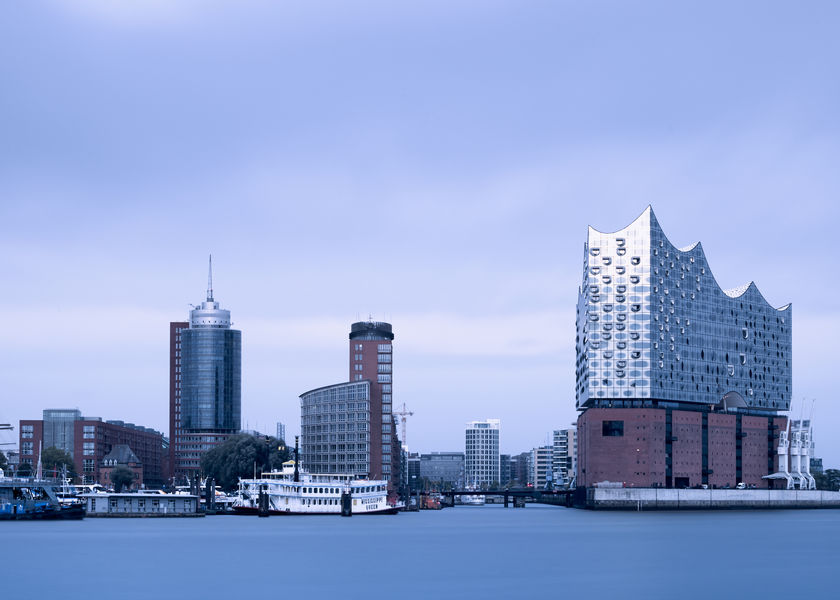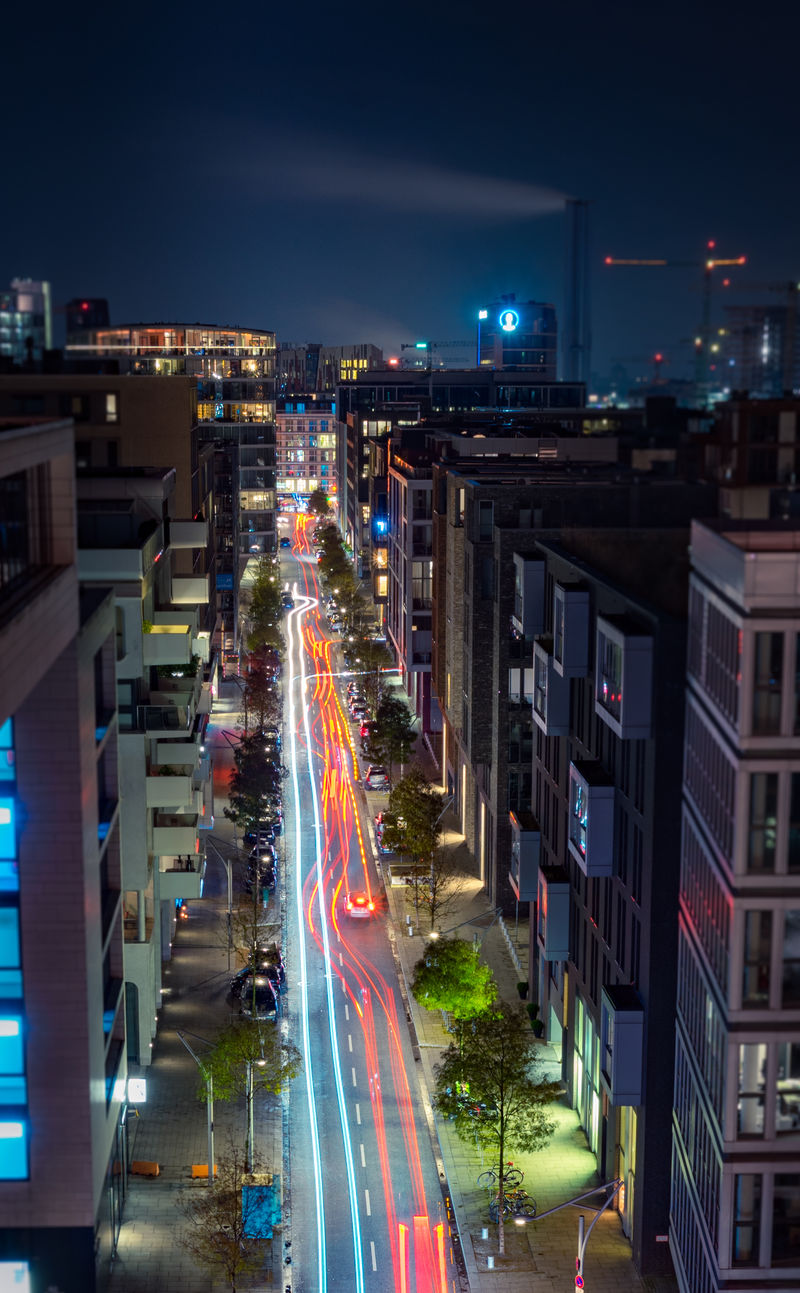Hamburg “Gateway to the World”

The Free and Hanseatic City of Hamburg is Germany’s second largest city and Europe’s third largest port. Hamburg is a huge and modern city, despite this you won’t see a skyscraper disturb the skyline of the city. Hamburg has been around since a long time and showcases its history through the various architectural styles you can find in the city.
Hamburg’s main landscapes are churches, like the St. Nicolas Church and the St. Michael Church. The city is a huge cultural centre and is home to many museums, theatres, operas and famous orchestras, such as the Hamburg State Opera and the Philharmoniker Hamburg, festivals, and many more. Hamburg is also a major centre for music, particularly rock music. It is a known fact that the Beatles spent a lot of time performing in the city. Despite being a very populous city Hamburg is still very green. Many parks are scattered around the city, the Planten un Blomen park has the largest Japanese Garden in Germany. Each year Hamburg organizes the Hamburg Filmfest that attracts thousands of filmifanatics. The Hamburger DOM is a funfair that is held three times a year.
Economy
Hamburg’s economy is largely based on the port of Hamburg, heavy industry (aluminium, steel, copper), banking, tourism, and media.
Future Goals and Interests
Hamburg is one of the leading European cities in Smart City and innovation. One of Hamburg’s biggest projects is the Science City project. This project brings together the municipalities of Hamburg, the University of Hamburg and DESY to bring science and industry closer together. The project wants to attract start-ups by offering communal office spaces, meeting rooms, laboratories, and housing. The Science City project is creating a whole new neighborhood built with sustainable architecture. Hamburg takes a unique approach to becoming a Smart City by including the port of Hamburg in their projects. To create smartPORT the direction of the port collaborates with the city to put several projects in place.
To improve the parking situation of the port they have put in place an intelligent parking space control system for trucks and staff vehicles. They have also put in place a fully integrated traffic management system to optimize the traffic flow. Data-collectors and sensors are placed all around the port to optimize maintenance. The port has also been taking steps to provide e-transportation for the port staff. Hamburg has been working on e- mobility for quite a long time. Several car sharing companies are already active in the city and Hamburg has its own bike sharing system, StadtRAD.
Hamburg has plans for a fully automated metro. Hamburg plans to have a fully electric public transportation fleet by 2025. The city has also been installing charging points for electric vehicles ( both private and public) around the city. Another project that has already been put in place is the “Humble lamppost”. The city is slowly exchanging conventional lighting with LED lights. The project plans to put these new lamp posts at the newly planned bicycle connection in Hamburg- Bergedorf. Some poles will be equipped with WiFi, monitoring equipment and cameras.
Particularly in the field of mobility Hamburg is continuing its tradition as a driving force for innovative solutions. After all, the world’s very first transport association was founded in Hamburg in 1965. As host to the 2021 ITS World Congress, the Hanseatic city is once again on its way to becoming a model city for intelligent transport systems. A growing number of innovative mobility projects in Hamburg are transforming the city into a model urban environment for intelligent mobility.
The City of Hamburg promotes state-of-the-art technologies to become a showroom for innovate mobility. Digital technology is important in order to make urban mobility and logistics in Hamburg safer, more efficient and environmentally friendly in the future. Therefore, central among the aims of the 'ITS Strategy for Hamburg' are the enhancement of traffic safety, the improvement of traffic flow, the reduction of negative environmental effects caused by traffic, and the advancement of several innovations. These goals are pursued in six focus areas: Information; Intelligent Traffic Control/Routing; Intelligent Infrastructure (Maintenance & Operation); Intelligent Parking; Mobility as a Service; and Intelligent Vehicles.

“For a growing metropolis such as Hamburg, innovative technologies are of paramount importance, especially when it comes to finding answers to important questions regarding the future and remaining competitive as a city with a high quality of life. Digital transformation involves establishing new forms of cooperation and strengthening interdisciplinary and interdepartmental cooperation.
We are talking about a cultural change that affects our previous living and working environments to a significant extent. Consequently, our strategic thinking on digitalisation applies to all aspects of the community. Digital applications should be used where they are beneficial and bring about enhancements. We aim to identify and exploit the opportunities offered by digitalisation - for climate-friendly mobility, for citizen-friendly administration, for comprehensive participation by all social groups and for a strong Hamburg industrial location. We aim to shape the digital society together.”
– Christian Pfromm, Chief Digital Officer of the Free and Hanseatic City of Hamburg.
Your cookie preferences
We use cookies and similar methods to recognize visitors and remember their preferences. To learn more about these methods, including how to disable them, view our cookie policy.


